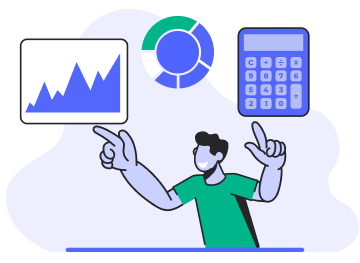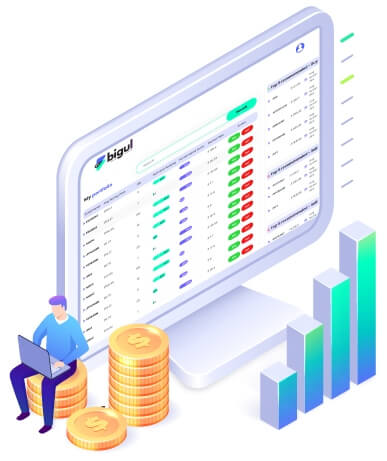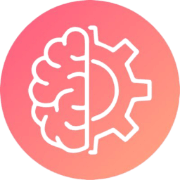Conclusion
In addition to being quick and without human emotions, algo trading is also efficient. Apart from the advantages it brings us, there are also risks involved, such as market changes and technical problems. Whether this thing works or not depends on the strategy and market conditions. If you have thought of using algo trading in your investments, then our Bigul Trading platform have various useful tools and insights. Depending on how many smart decisions you want to make during trading, our platform will help you to improve your trading skills.















